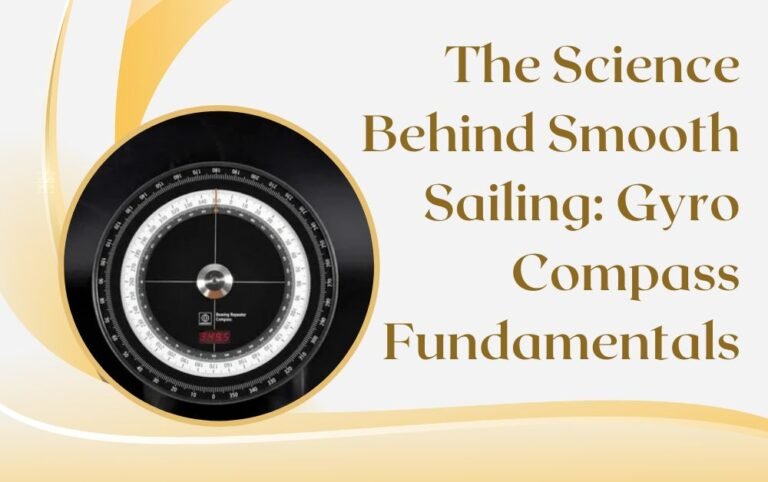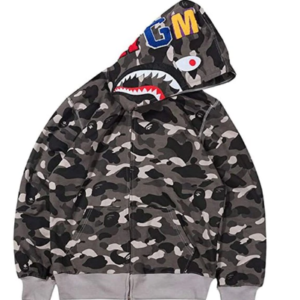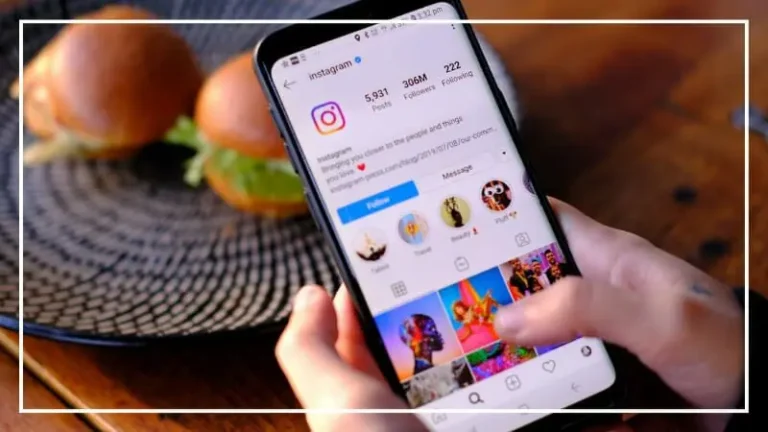7 Effective Conference Marketing Tips for Event Organizers
As an event organizer, one of your primary goals is to ensure a successful conference that attracts attendees, sponsors, and speakers. Marketing plays a crucial role in achieving this goal by creating awareness and generating interest in your event. Here are seven practical and effective conference marketing tips to help you maximize attendance and engagement.
Table of Contents
ToggleWhat Is Conference Marketing?
Conference marketing refers to the strategies and tactics used to promote and attract attendees, sponsors, and speakers to a conference or similar event. It encompasses a range of activities designed to create awareness, generate interest, drive registrations, and ultimately ensure the success of the event.
Effective conference marketing involves understanding the target audience, crafting compelling messaging and content, utilizing various marketing channels, and measuring results to optimize campaigns. Key elements of conference marketing may include:
- Target Audience Identification: Defining the specific demographic, industry, job roles, interests, and pain points of the ideal attendees.
- Content Creation: Developing engaging and informative content such as blog posts, videos, infographics, and whitepapers related to the event theme, industry trends, and topics of interest to the target audience.
- Website Optimization: Creating a user-friendly and informative event website with essential details such as event dates, location, agenda, speaker profiles, registration information, and FAQs.
- Social Media Promotion: Leveraging platforms like LinkedIn, Twitter, Facebook, and Instagram to share event updates, engage with followers, run targeted advertising campaigns, and encourage user-generated content through hashtags and mentions.
- Email Marketing: Building and nurturing an email list to send event announcements, reminders, exclusive offers, and personalized content to prospective attendees, speakers, sponsors, and partners.
7 Effective Conference Marketing Tips for Event Organizers
- Define Your Target Audience Before diving into marketing strategies, take the time to clearly define your target audience. Identify the industry, job roles, interests, and pain points of your ideal attendees. Understanding who you are trying to reach will guide your marketing efforts, ensuring that your messaging resonates with the right people.
- Create Compelling Content Content is king in today’s digital age. Develop high-quality content that provides value to your target audience. This could include blog posts, videos, infographics, or whitepapers related to industry trends, challenges, or insights. Share this content across your website, social media channels, and email newsletters to attract and engage potential attendees.
- Optimize Your Website Your conference website serves as a central hub for information about your event. Optimize it for search engines (SEO) by using relevant keywords, clear navigation, and compelling meta descriptions. Ensure that essential details such as event dates, location, agenda, and registration information are easy to find and understand. A mobile-responsive design is also crucial for reaching a wider audience.
- Utilize Social Media Leverage social media platforms such as LinkedIn, Twitter, Facebook, and Instagram to promote your conference. Create engaging posts, share relevant content, and use targeted advertising to reach your desired audience segments. Encourage speakers, sponsors, and attendees to share posts about the event, increasing visibility and driving organic reach.
- Engage Influencers and Partners Collaborate with industry influencers, thought leaders, and relevant organizations to expand your event’s reach. Invite influencers to speak or participate in panel discussions, contribute guest blog posts, or simply promote your event to their followers. Partnering with industry associations or complementary businesses can also amplify your marketing efforts through cross-promotion and shared resources.
- Offer Early Bird Discounts and Incentives Create a sense of urgency and incentivize early registrations by offering discounts or exclusive perks to early bird attendees. Promote these offers prominently on your website, social media, and email campaigns to encourage people to secure their spots early. Highlight the value and benefits of attending your conference to motivate action.
- Collect and Leverage Customer Feedback After each conference, gather feedback from attendees, speakers, and sponsors to understand their experience and areas for improvement. Use this feedback to refine your marketing strategies for future events, address pain points, and enhance the overall attendee experience. Positive testimonials and reviews can also be powerful marketing assets for promoting future conferences.
By implementing these seven conference marketing tips, you can enhance your event’s visibility, attract the right audience, and create a memorable experience that keeps participants coming back year after year. Remember to continuously analyze and adapt your marketing strategies based on feedback and industry trends to stay ahead in the competitive event landscape.







